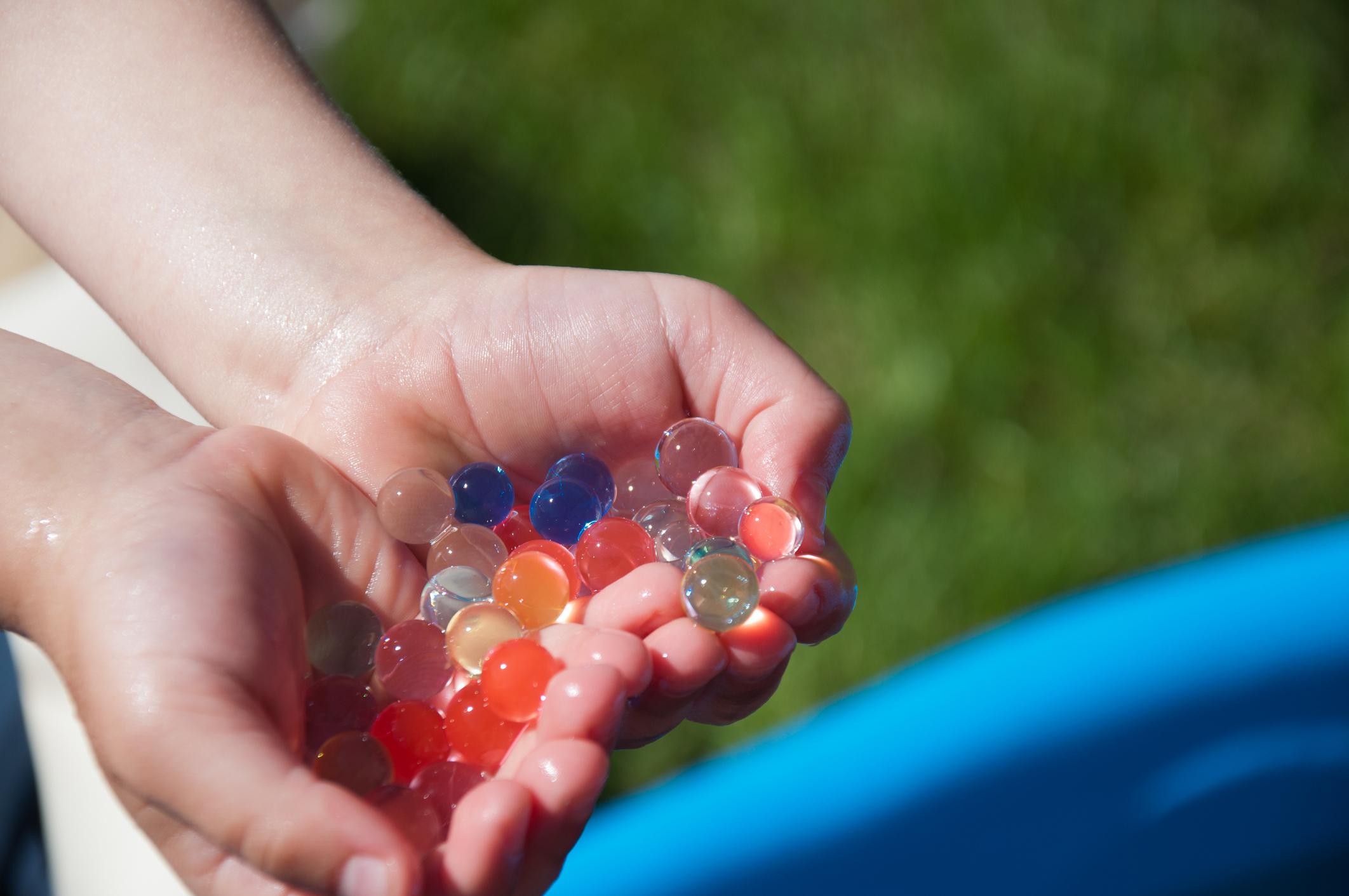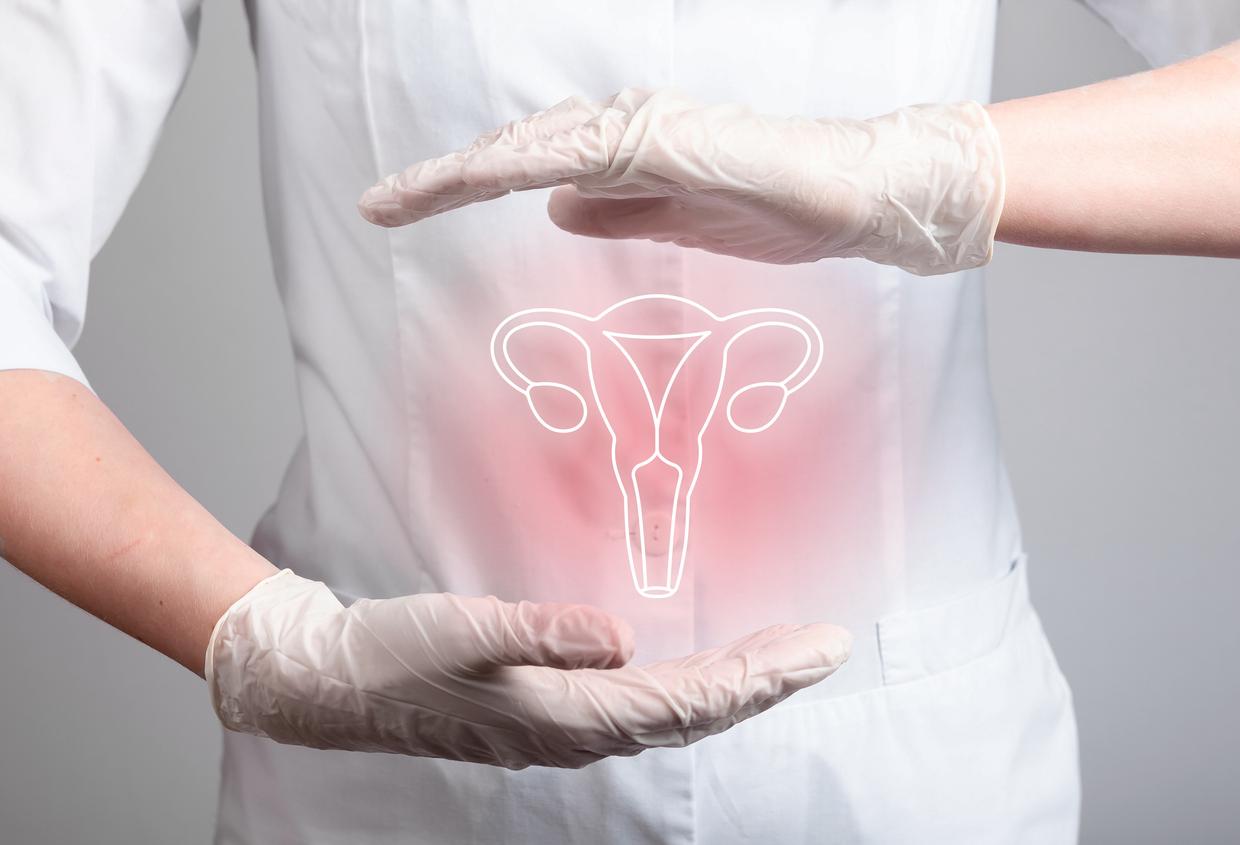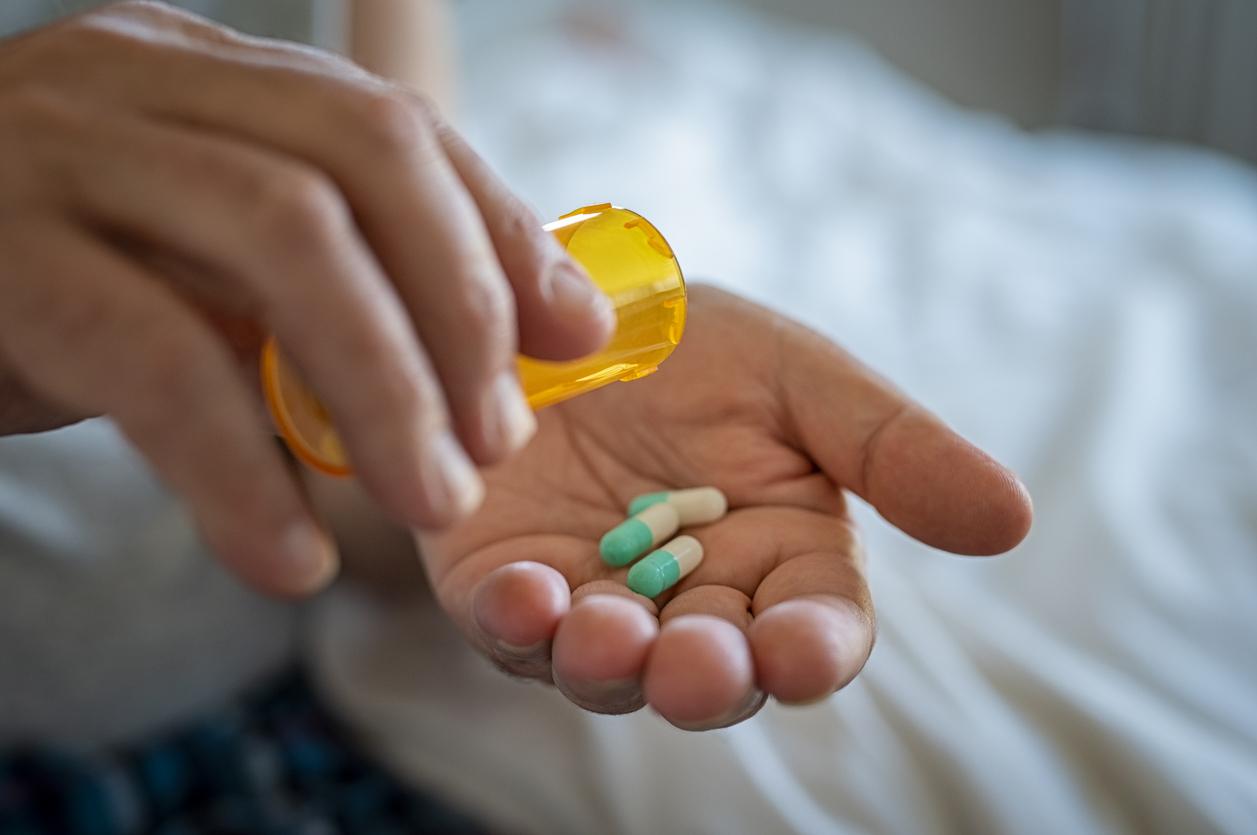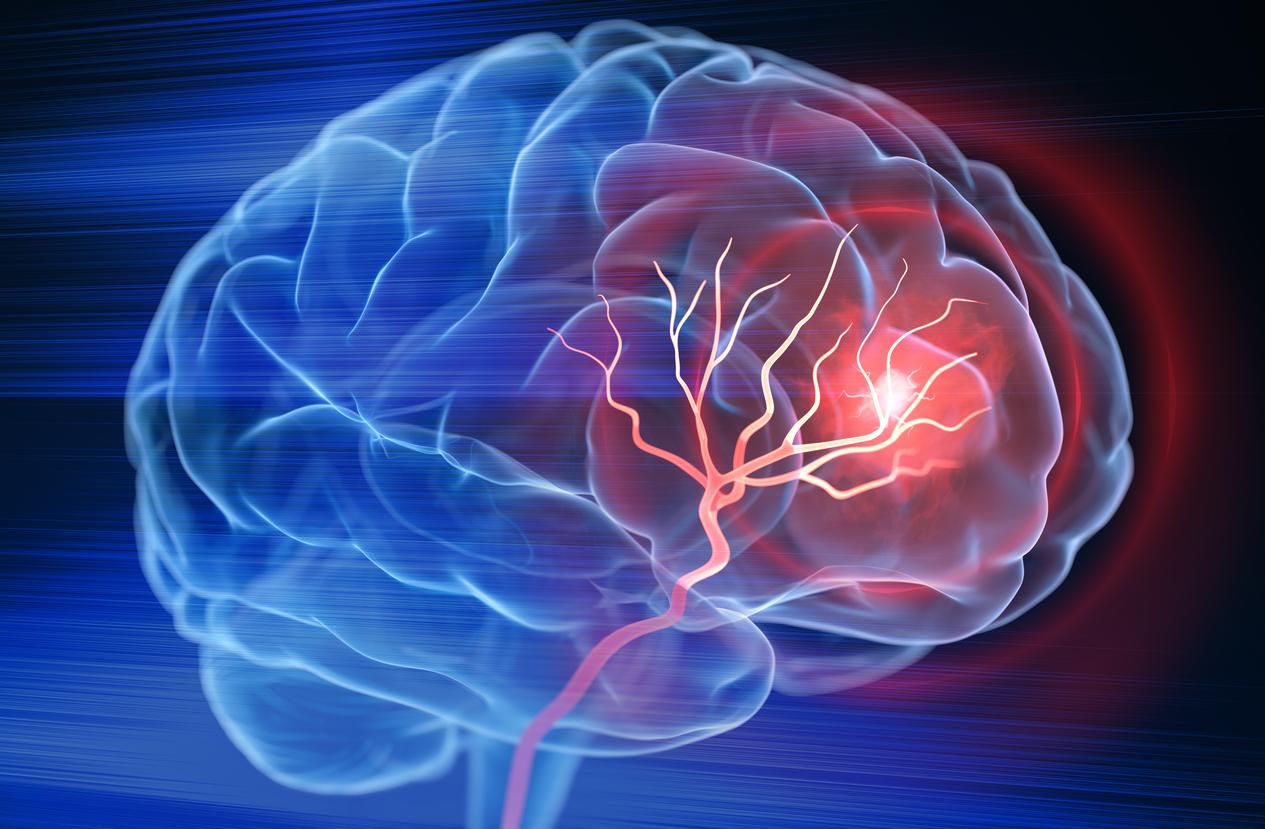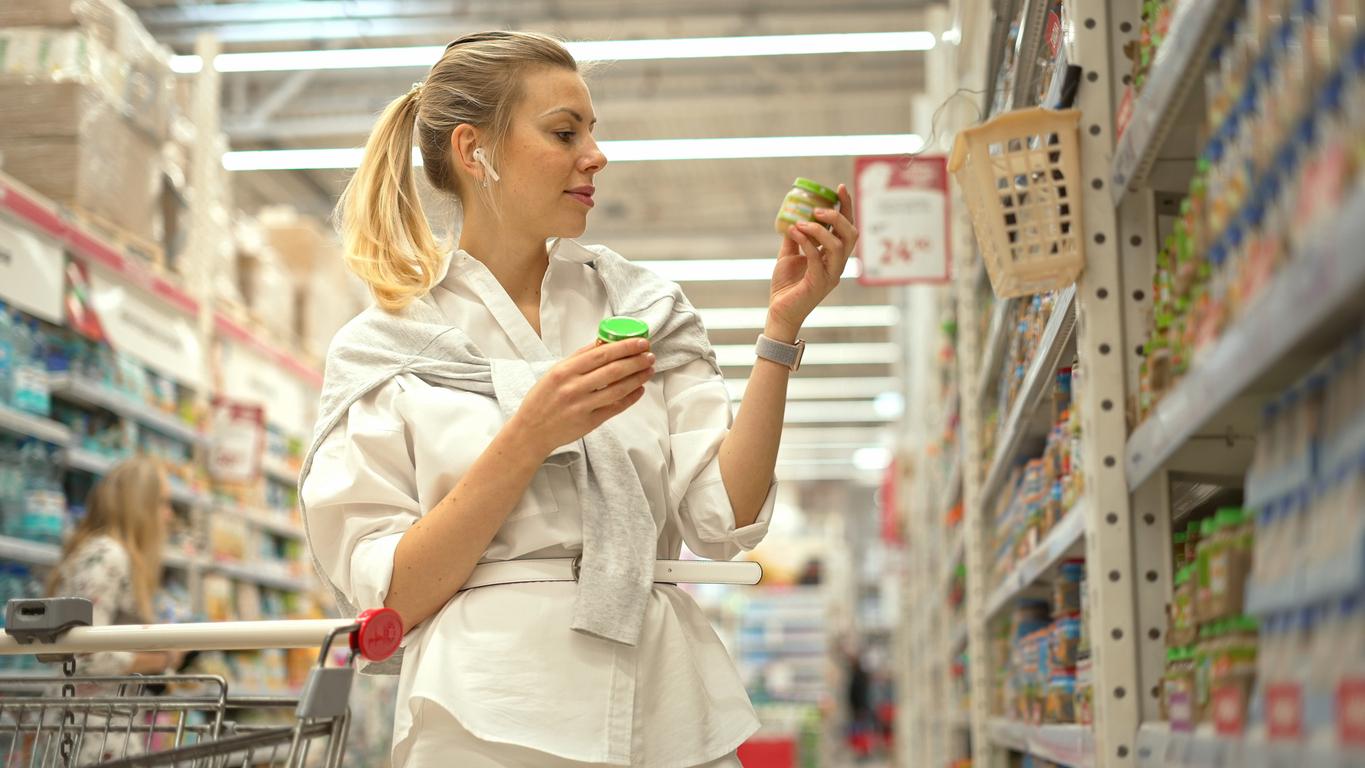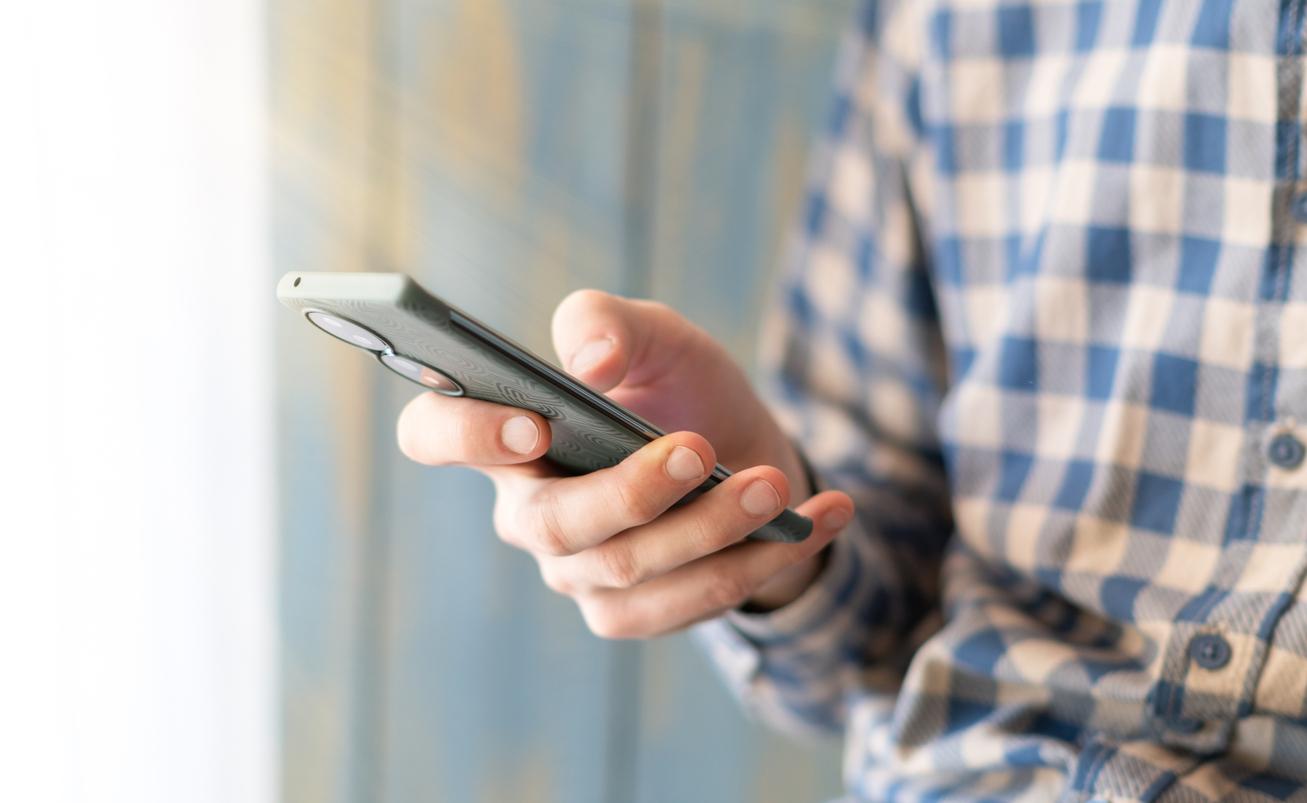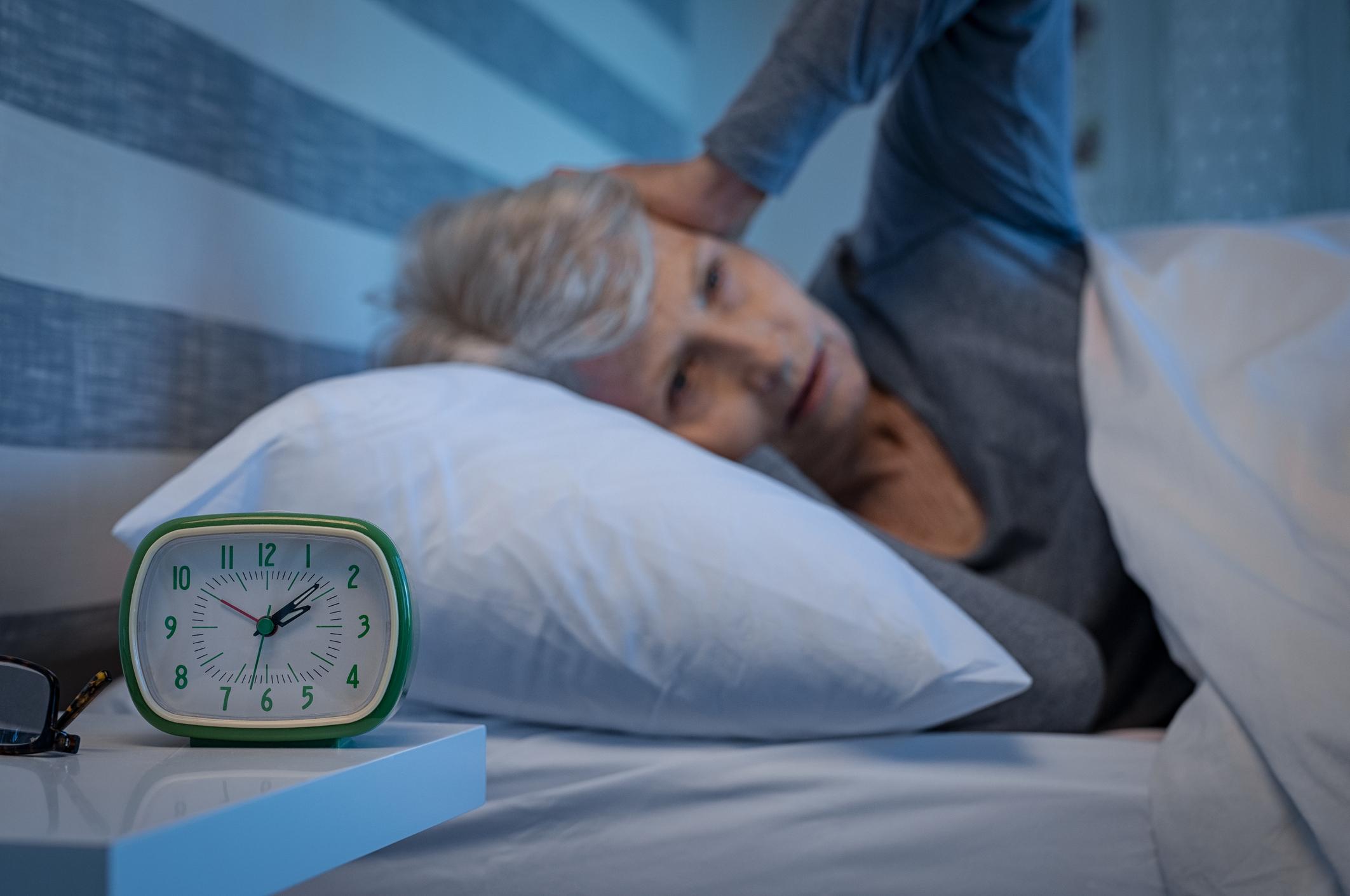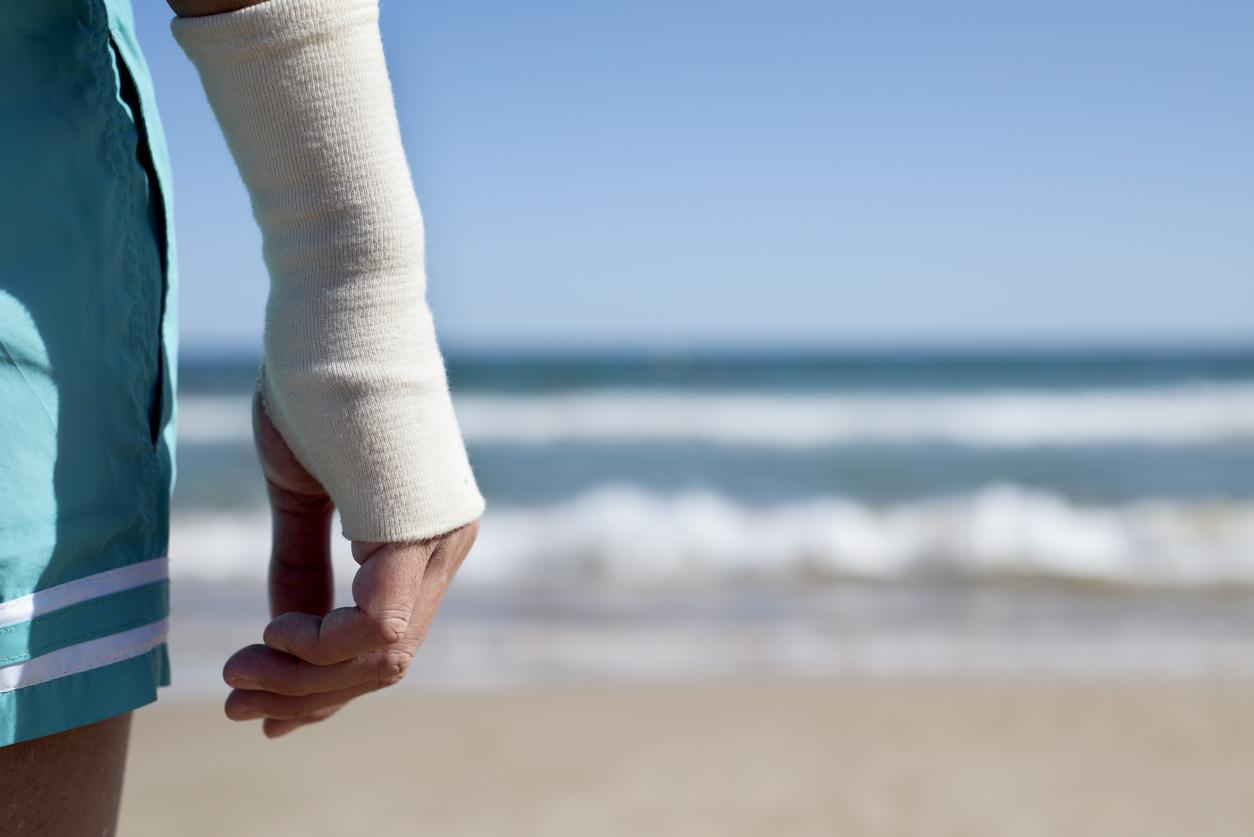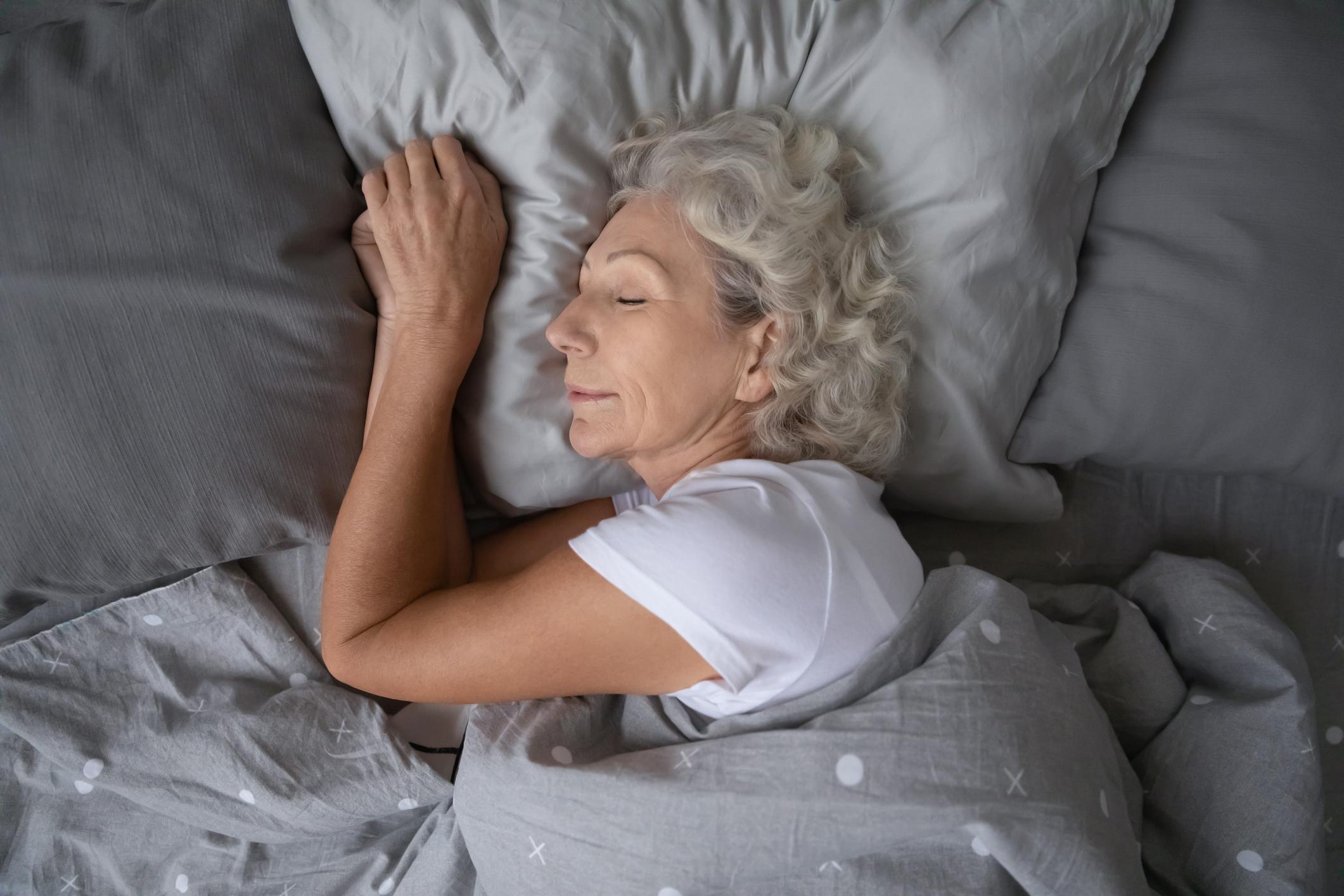After an initial update on the most common accidental poisonings among children, ANSES has published recommendations to reduce the risk of accidents with household products.
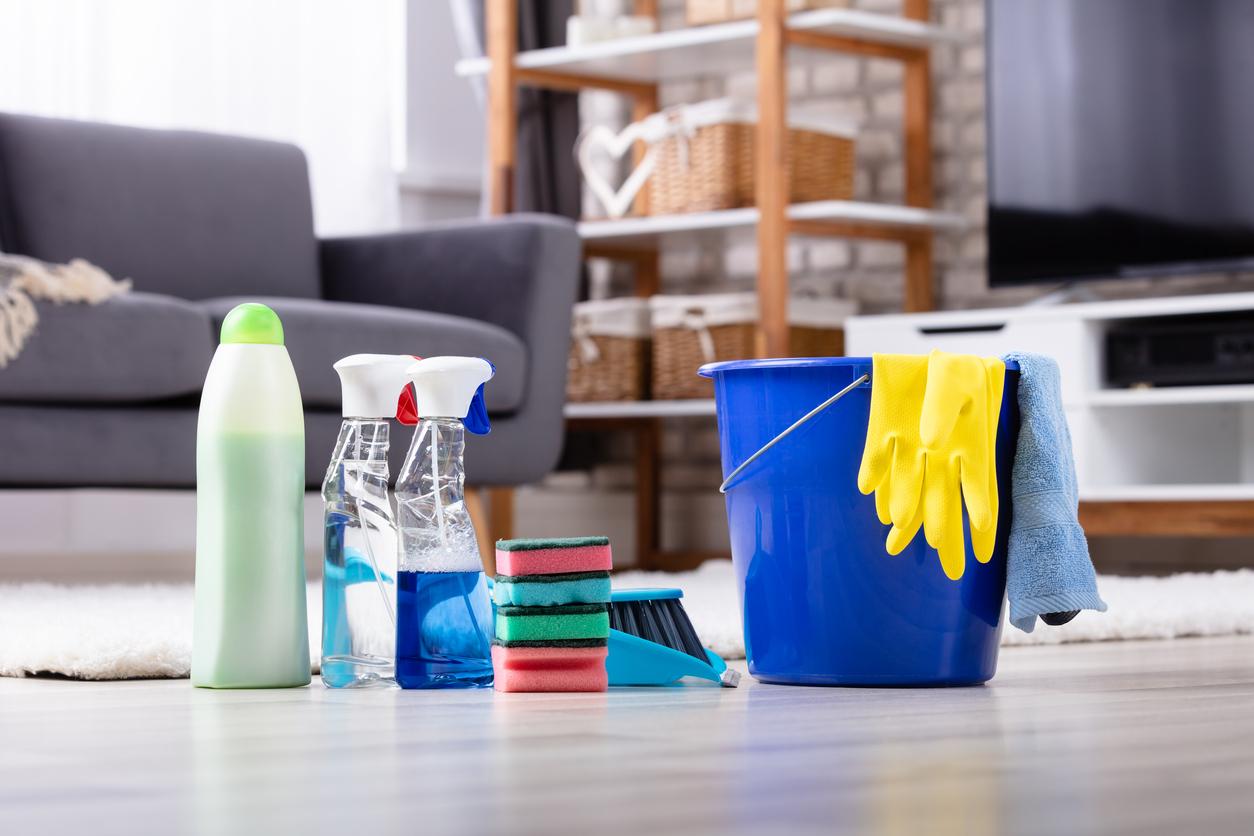
- Many domestic accidents are preventable, particularly those involving the ingestion of household products.
- “The analysis of calls to Poison Control Centers highlighted 33,650 accidents linked to deconditioning over the period 2017-2021, or approximately 6,000 accidents per year,” details the ANSES report.
- In order to protect loved ones and yourself from accidents, the agency offers 5 recommendations, the first of which is to leave household products in their original container.
Along with medicines, heating devices and button batteries, cleaning products are among the most frequent accidental poisonings among toddlers, according to the latest ANSES report carried out with Public Health France using various data from of Poison Control Centers (CAP), visits to emergency rooms, hospitalizations and deaths from 2014 to 2020. “These accidents being avoidable, it is essential to raise awareness among children around these risks and of good practices to prevent them.”, says the press release.
5 deaths linked to the unpackaging of household products
In order to protect loved ones and yourself from accidents, the agency first recommends leaving household products in their original containers. “By unpackaging, we mean the act of transferring a product into a container different from its original packaging, and not intended for this purpose.” ANSES gives the example of a plastic bottle filled with a product for cleaning the floor or bleach: “In the absence of a label and danger pictograms, the new container no longer displays information on the nature of its contents and especially on the potential associated risks and precautions for use.” The agency adds that in addition, these bottles often do not have a safety cap so that children cannot open them, although it is “yet required for certain products”.
According to the data collected, the unpackaging of household products led to the deaths of five people between 2017 and 2021 in France, accidents mostly due to unpacking of corrosive cleaners or disinfectants in plastic bottles.
“The analysis of calls to Poison Control Centers revealed 33,650 accidents linked to deconditioning over the period 2017-2021, or approximately 6,000 accidents per year, details the report. The vast majority of cases of accidental ingestion were asymptomatic or of low severity. However, 108 serious cases were reported, including 17 in children under 15 years old. A third of people suffered after-effects from their accident.”
Recommendations “to reduce the risk of accidents” at home
In addition to the fact that any unpackaging of household products must be avoided as much as possible, there are four other recommendations from ANSES:
-If unpackaging is absolutely necessary (when the product is sold in cartons to be diluted for example), “it should be done in a container adapted to the chemical nature of the product, with a secure cap if the product presents a danger. You must clearly indicate on the container the name of the original product, if it has been diluted, and take a photo of the UFI code (unique formulation identifier) of the product which has been unpackaged: this 16-digit code affixed near the name or information on the dangers allows Poison Control Centers to identify the commercial reference and its composition”.
-For the purchase of products in bulk, “you must use an appropriate container, recycling the original container if possible (purchase of refill dose), and sticking the label provided by the brand or indicating useful information on a label: name of the product , precautions for use, batch number for example”.
-Household products should never be placed in a refrigerator or in the same cupboard as food and drinks.
-Unpackaged products must be stored carefully, “out of reach of children and preferably in a locked cupboard”.
If you are a victim or witness of accidental ingestion, you must immediately contact 15, 18 or 112 (114 for hearing impaired people). Poison centers are available 24 hours a day, seven days a week at 01.45.42.59.59.









